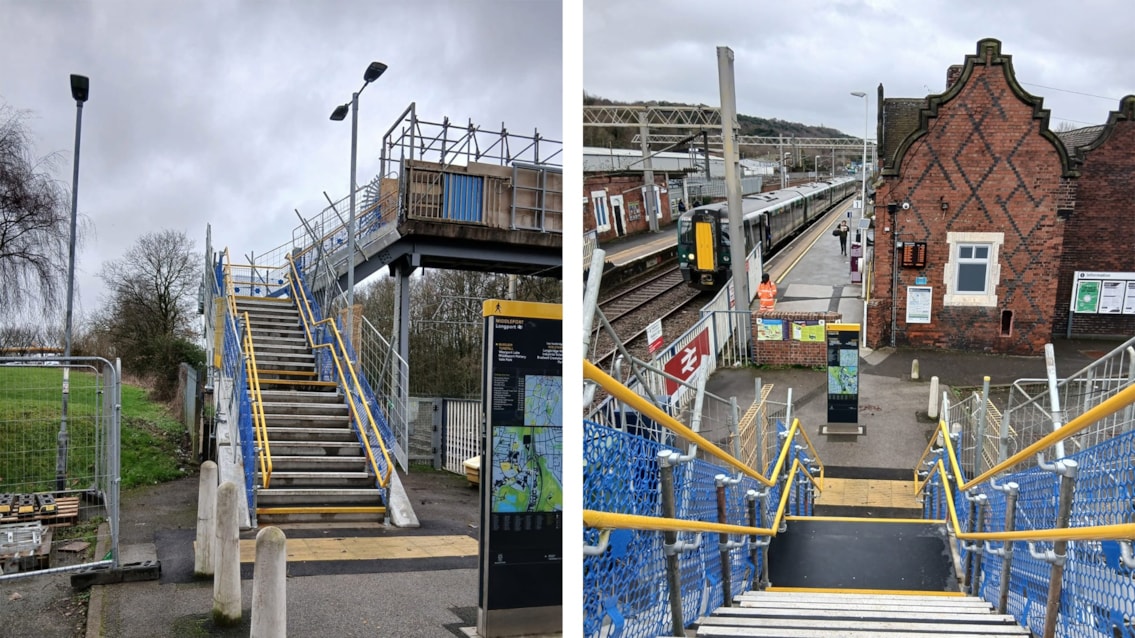AI is no longer a boardroom buzzword — it’s an enterprise imperative, although, for Indian CIOs, the conversation is more nuanced.
The question isn’t whether to adopt AI, but how to operationalize it at scale without compromising compliance, cost, and context. Recent global surveys reveal that 84% of CIOs believe AI will be as transformative as the internet itself, as highlighted in Salesforce’s CIO AI Trends report – that’s 9 out of 10 enterprises worldwide struggling to scale AI beyond pilots.
Indian CIOs face an even sharper dilemma: dealing with complex legacy OT systems, regulatory uncertainties, and vast linguistic and cultural diversity. This is how the country enterprises are thinking beyond the Generative AI wave.
- AI Beyond Generative – The Rise of Agentic AI: Generative AI might have opened the doors, but CIOs are setting sights on Agentic AI – systems that not only generate but autonomously act based on enterprise data and logic. This paradigm challenges conventional business models by redefining decision-making, automation, and service design. According to the BCG AI@Scale Report, companies that integrate agentic AI within their core infrastructure achieve 3x faster scaling and reduce operational costs by 20%, emphasizing the value of platform-driven strategies over fragmented tools.
- AI for Business-Centric Innovation: Indian leaders prioritize business-first, customer-first AI, avoiding tech-led vanity projects. Convergence of AI, IoT, and data ecosystems is critical for sectors facing CASE (Connected, Autonomous, Shared, Electric) disruptions. Globally, successful AI deployments underscore the importance of infrastructure alignment. For instance, some enterprises report ROI within 4–6 weeks post agentic AI deployment, a sharp contrast to years lost in DIY trials, as demonstrated by real-world transformations covered in Salesforce’s customer stories.
- AI for Inclusion and Societal Impact: India’s unique strength lies in its digital public infrastructure, particularly the Account Aggregator Framework that enables AI to democratize credit and financial services for millions (RBI’s AA Framework). Additionally, with 88% of Indians preferring regional languages online, as noted in the KPMG-Google Indian Language Internet Report, vernacular AI is not just a feature but a foundational requirement.
- Managing Risks and Building Resilience: Global insights warn of risks like data poisoning, prompt injection, and model drift in agentic AI systems. A study on Responsible Agentic AI reveals that 86% of organizations feel their existing policies are insufficient to manage the complexities of agentic AI governance. On the regulatory front, India’s DPDP Act (2023) enforces strict data governance protocols (DPDP Bill), while CERT-In’s AI Security guidelines provide a structured approach to AI risk mitigation (CERT-In AI Advisory).
- Talent, Legacy Systems, and Operational Gaps: A significant 70% of Indian firms cite AI skill shortages, particularly in MLOps, data engineering, and AI ethics, as detailed in the AWS India AI Readiness Report. Integrating legacy systems with modern AI solutions remains a complex endeavour that demands cross-functional collaboration and vernacular innovation.











